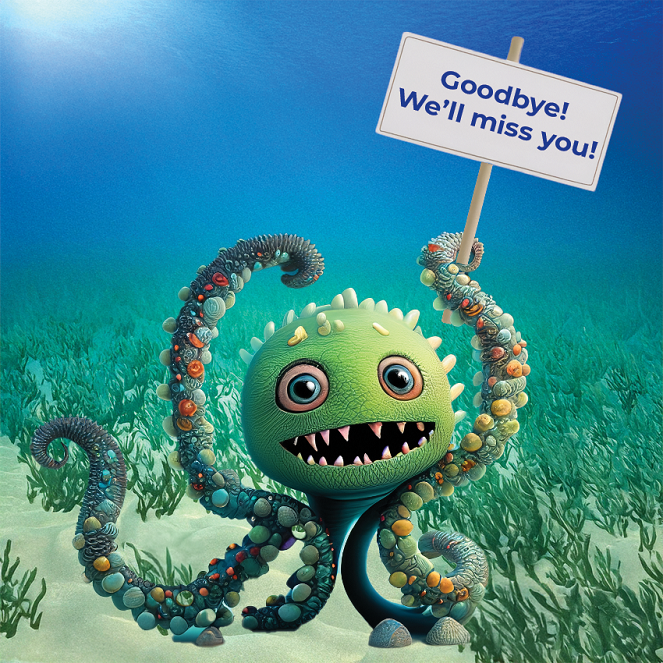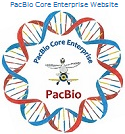Deep Sequencing Core (Closed 01-Jul-2025)
The Deep Sequencing Core Facility (RRID:SCR_017702) was closed on July 1, 2025. All samples that were in the queue will be completed. Library building services continue to be available through the MBCL as before. Library protocols, resources, and references remain accessible on the DSCL website. Click the logos at the left to visit the websites of the PacBio Core Enterprise and the Molecular Biology Core Labs.
We have enjoyed serving the UMass scientific community. Scylla, Smaug, Sybil, and all personnel wish you farewell. If you need to contact us, please email Ellen.Kittler@umassmed.edu




